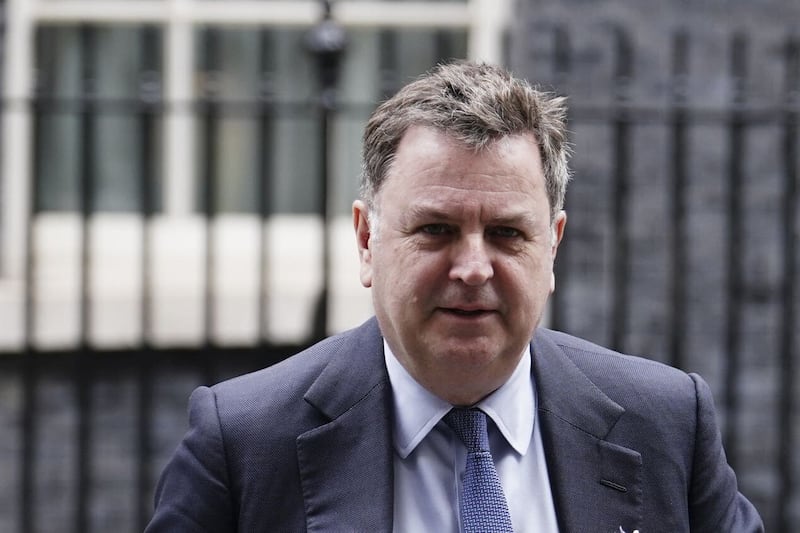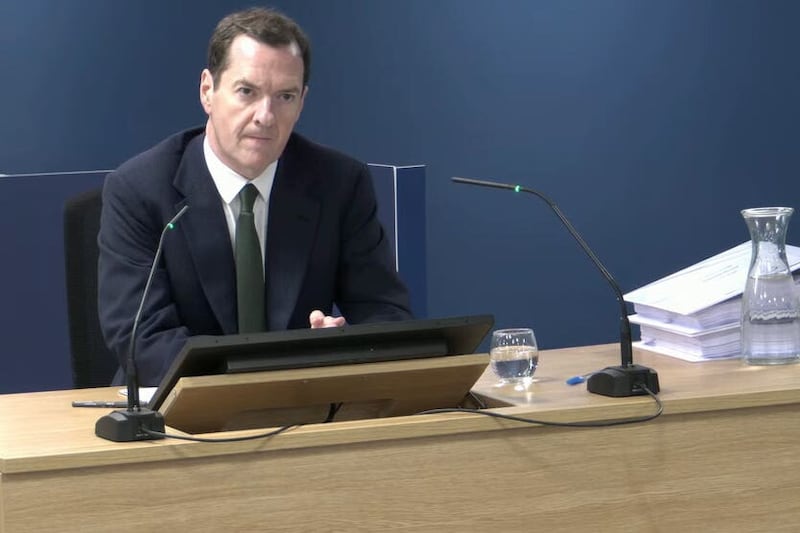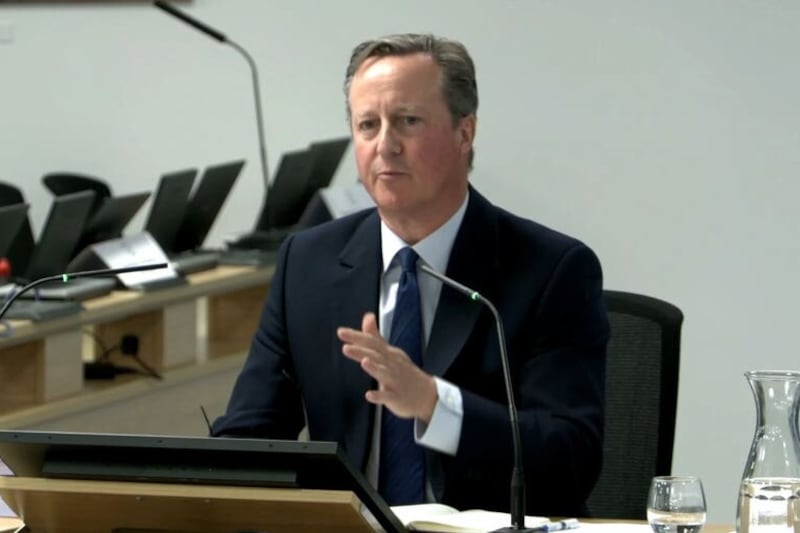“Save the date” commands a press release from a glittering array of third sector groups, for there will be a conference in October entitled “Austerity and Inequality: a threat to peace?”
Not a threat to the peace process, mind you, but a threat to peace itself.
Although this event has yet to happen, I am going to hazard a wild guess and say it will answer its own question in the affirmative. There is no mention of speakers who might conclude otherwise.
The conference is being organised by the Irish Congress of Trade Unions, which has been waving placards against ‘the cuts’ since time immemorial; the Human Rights Consortium, a rights sector umbrella body covering around 120 organisations; and the Equality Coalition, an attempt to set up an equality sector umbrella body, ‘convened’ by trade union Unison and south Belfast salon the Committee for the Administration of Justice (CAJ), which recently denounced welfare reform as “callous”.
It is likely we will be hearing a lot more of this ‘threat to peace’ argument over the coming years of Conservative government and you cannot fault the left for getting its message across.
The mystery is why such a demonstrably false and irresponsible position is allowed to go widely unchallenged.
For a start, the premise is wrong. There is no austerity in Northern Ireland.
Stormont’s block grant is falling, which explains why the executive parties endorse the austerity myth.
However, the block grant is only half of total public spending within Northern Ireland, with most of the remainder made up of benefits and public sector pensions.
This total has never fallen and is predicted to continue rising, so no austerity has occurred, nor is any planned.
Curiously, one of the commonest reactions to pointing this out is anger.
Belief in austerity has become the economic equivalent of that well-known Northern Ireland characteristic of falling in love with your own victimhood.
There is no inequality in Northern Ireland either, at least not in the sense the conference organisers are coming from.
The Equality Coalition says it covers the section 75 categories of the Good Friday Agreement ie race, religion, gender and so on.
The only people within these groups who can still be subject to lawful discrimination are non-Catholics applying to be police officers or people of any religious ‘ethos’ or none applying to be teachers - demographics not usually prone to kicking off a riot.
If the conference organisers mean economic inequality, that is trivial between communities compared to the outbreak of the Troubles, so why would it lead to a resumption of violence?
The rewriting of the Troubles as a fight for equality is most associated with Sinn Fein, which needs to explain why the IRA kept fighting for 20 years after all the demands of the Civil Rights Association had been met, while still not delivering a united Ireland.
The idea of ‘austerity’ and ‘inequality’ as a threat to peace has a very different provenance.
During the decade-long debate on a Bill of Rights, which incidentally the Human Rights Consortium was set up to influence, the left in Northern Ireland saw a chance to have its political agenda made binding via so-called economic and social rights (a Tory equivalent would be chancellor George Osborne’s proposed law to enforce regular budget surpluses).
However, the Good Friday Agreement, which mandated the bill, required any new rights to “reflect the particular circumstances of Northern Ireland”.
The only way to squeeze universal economic and social entitlements into that stipulation was to claim that denying them caused the Troubles.
When the resulting unworkable wish list was handed over to Labour secretary of state Shaun Woodward in 2008, the UK government had no choice but to throw it in the bin. Stormont distanced itself from the whole fiasco and hardly anyone has mentioned it since.
But the underlying notion has never been debunked and there is a risk of it merging with Sinn Fein’s revisionism to form a sweeping conceptual link between spending cuts and violence.
Where is the evidence, let alone the imagined mechanism, for that convenient connection?
The loyalist graffiti writers of Belfast’s Lower Newtownards Road have one thing correct: ‘The Ulster conflict is about nationality.’
If we were plunged into Greek depths of financial chaos that might exacerbate what we all know to be our innate problem - but associating routine policy disappointments with looming gunfire is the height of self-serving nonsense.
The danger to peace is the extent to which it is humoured.
newton@irishnews.com








